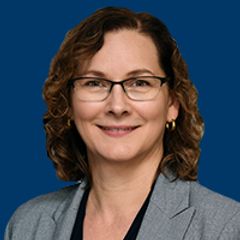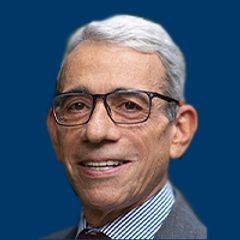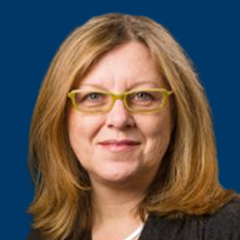
Dr. Silber on the Importance of Improving Clinical Trial Inclusivity in Breast Cancer
Andrea L. Silber, MD, discusses the importance of improving clinical trial inclusivity in breast cancer.
Episodes in this series

Andrea L. Silber, MD, breast oncologist, assistant clinical director, Health Equity and Diversity, Yale Cancer Center, associate professor of clinical medicine (medical oncology), Yale School of Medicine, discusses the importance of improving clinical trial inclusivity in breast cancer.
Increasing the inclusivity of clinical trial enrollment in breast cancer is critical, Silber says. Clinical trials could evaluate future standards of care for patients with breast cancer. Ensuring all eligible patients are included on clinical trials could provide them with an effective therapy much earlier than if they had to wait for the regimen to be approved for clinical use, Silber explains.
Additionally, improving inclusivity to clinical trials is beneficial from a data perspective, Silber says. Data generated with investigational therapies in a homogenous and healthy patient population may not be applicable to the patients who will receive the therapy in the real-world setting. Moreover, the results of the clinical trial may not reflect potential toxicities or complications that could arise in the general population, Silber concludes.






























































